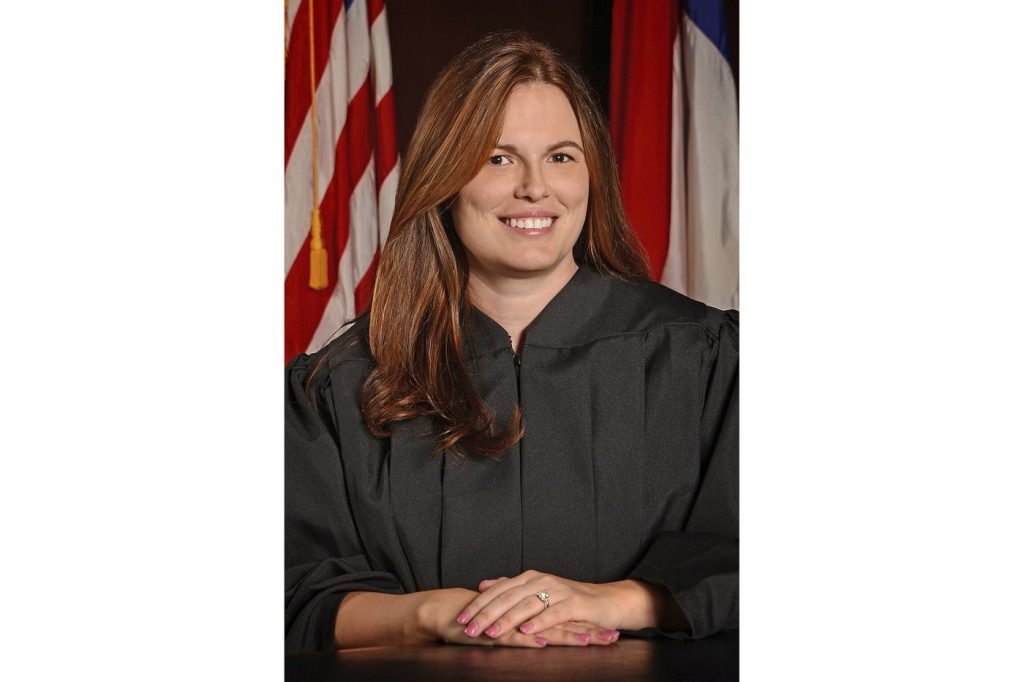RALEIGH, N.C. (AP) – On Wednesday, the North Carolina Supreme Court dismissed a request by trailing candidate Jefferson Griffin, who is contesting the results of a closely contested race for a seat on the court. Griffin sought a ruling to remove over 60,000 ballots from the tally, but the justices instead ordered that appeals regarding the counting of the ballots be initiated in the local trial court, as mandated by state law.
The dismissal of Griffin's legal motion to bypass Wake County Superior Court appears to delay the resolution of the race between him, a Republican and judge on the intermediate-level Court of Appeals, and the incumbent Democrat, Associate Justice Allison Riggs, who currently leads Griffin by 734 votes out of more than 5.5 million total ballots cast.
All six justices deliberating the case unanimously agreed to dismiss Griffin's petition for a “writ of prohibition,” even though Justice Riggs recused herself from the proceedings. With the elections having occurred over two and a half months ago, the court's order instructs the Wake County court to “proceed expeditiously” with Griffin's appeals, although no specific scheduling details were disclosed immediately.
Moreover, the Supreme Court's ruling does not impact oral arguments scheduled for Monday at the 4th U.S. Circuit Court of Appeals. The federal court will determine whether the challenges to the approximately 66,000 ballots raised by Griffin should be addressed at the federal level. Riggs and the State Board of Elections maintain that the case pertains to federal voting rights and election laws, while Griffin argues it should remain within state jurisdiction.
Griffin's legal team argues that the approximately 66,000 absentee or early votes in question were cast without adherence to registration, residency, and photo identification laws, violations they claim were overlooked by the State Board of Elections. They assert that even removing a fraction of these ballots could potentially overturn the election results.
Conversely, Riggs contends the votes were legitimate and accuses Griffin of attempting to invalidate the ballots of long-term voters, infringing upon their rights. Accompanying Wednesday's order were written opinions from five justices. Chief Justice Paul Newby, one of five registered Republicans on the bench, defended Griffin's right to protest the results according to state law, rebutting claims that he was trying to disenfranchise voters or intentionally delay the certification process.
Newby noted the lengthy timeframes often involved in resolving previous contested elections in North Carolina and observed that Griffin's early lead of 10,000 votes on election night diminished as more provisional and absentee ballots were counted, ultimately allowing Riggs to take the lead.
In her dissenting view, Associate Justice Anita Earls, the lone Democrat among the deliberating justices, opined that the temporary stay preventing Riggs' certification as the election victor should have also been dismissed. Earls criticized Griffin for failing to provide evidence of any voter casting a fraudulent ballot and expressed concerns that the court's actions seemed to indicate a preference for overturning the election results.
Overall, the legal battle surrounding this contentious election continues, with implications for the state's judicial system and the rights of voters at stake.










